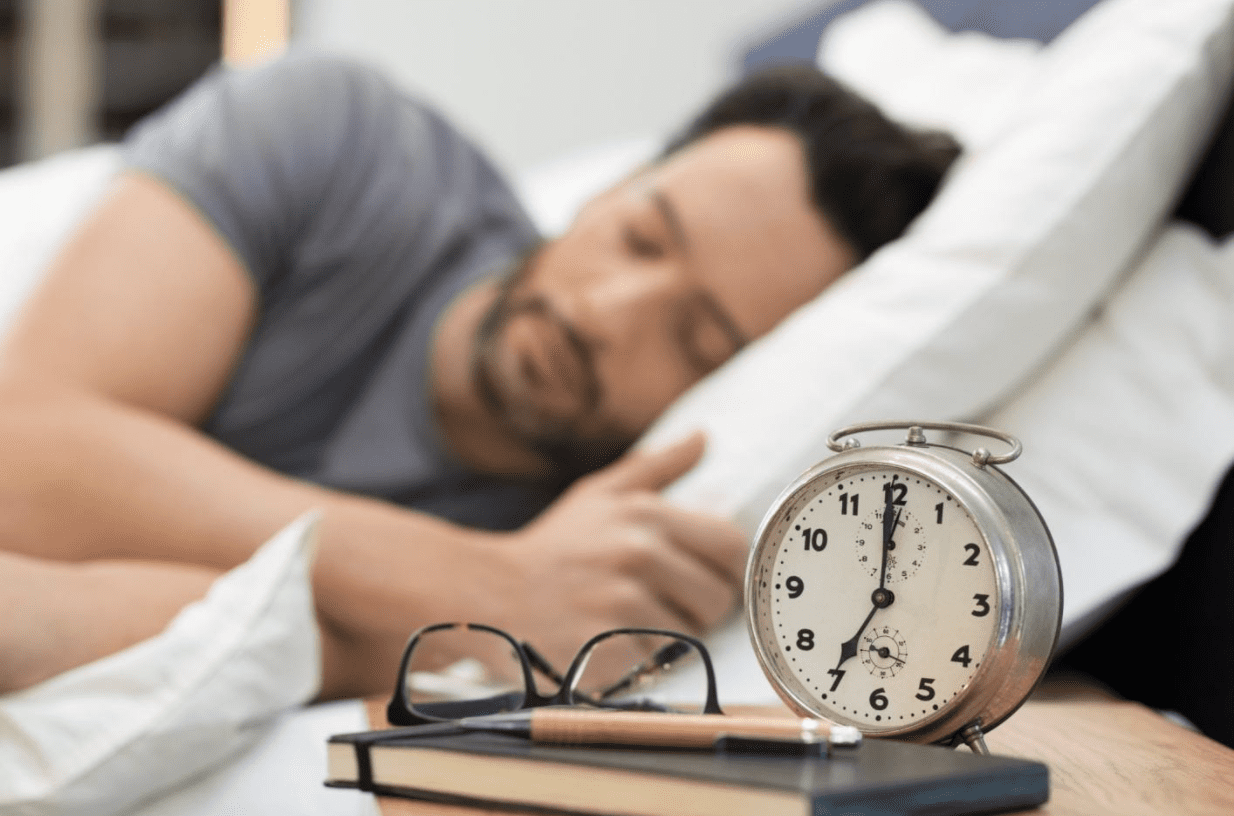We put a spotlight on diet when it comes to leading a healthier lifestyle. Some swear by eating a plant-based diet, preaching its ability to nourish the body from the inside-out. Many have even boarded the ‘organic only’ train, shopping solely at marketplaces like Whole Foods. But what about sleep? While we sleep, our bodies release hormones that repair the wear and tear we bring upon it during the day. We heal at night. If this sounds important to you, it’s because it is.
Sleep and diet are important for their own reasons and overlap in countless ways. A lack of sleep can influence your food choices. On the other hand, being overweight or obese can have a negative impact on your quality of sleep. What’s my point? Well, it takes more than a vegan, soy-bean burger to lead a healthy lifestyle.
How Sleep Impacts Diet
Sleep is the time that our bodies shut down, repair, and re-energize. It takes on four key stages: 1, 2, 3, and REM. We first drift into Stage 1, feeling drowsy as we soon flow into Stage 2. This is where our body temperature begins to drop and our heart rate slows. Stage 3 is where our muscles relax as we slip into the deepest sleep of the night. Finally, we reach REM, where we experience rapid-eye-movement as our bodies begin to energize. And then it repeats.
Both REM and non-REM sleep serve individual purposes that allow for bodily restoration. During non-REM sleep, your body builds up your bones and muscles while strengthening your immune system, whereas REM sleep strengthens memory and cognitive functioning. Losing just a couple of hours of sleep could affect us much more than we care to realize. One study shows how sleep deprivation can cause performance impairments comparable to alcohol consumption up to a BAC of 0.08%. Further, poor sleep has been connected with health issues such as depression, diabetes, Alzheimer’s, and sure enough, obesity.
Sleep and Diet Is A Two-Way Street
The point is not to knock the impact of your food choices on your health, but rather emphasize the interplay between diet and sleep. In order to maintain a healthy lifestyle, both need to be in check.
The research highlighting the diet-sleep connection is overwhelming. Sleep is heavily associated with obesity and weight gain. Research shows how disrupted sleep can provoke the reward centers of your brain, leading you to make unhealthy food choices the next day. Moreover, lack of sleep can cause dysregulation of hunger and satiety hormones by disrupting your endocrine system. This kind of disruption similarly contributes to unhealthy eating habits. Such dysregulation from sleep loss has been shown to make you more likely to indulge in meals, and less likely to stop when full.
When you flip the arrow, the consequences of a poor diet on sleep are comparable. Overweight individuals are more likely to report sleep issues than healthy ones. Having obesity makes you seven times more likely to have sleep apnea, a disorder in which the airway is obstructed during sleep, resulting in tremendous breathing troubles at night. Furthermore, mental health comorbidities that often come with obesity could greatly impact your sleep quality, such as depression and anxiety.
Is Sleep More Important Than Diet?
There is a reason why college brings about such unwelcome changes in your health, and it has to do with the midnight pizzas and all-nighters in the library. The takeaway is not to discount the importance of clean eating, but to consider more as you seek a healthier lifestyle. Perhaps the key to nourishing your well-being is to find a happy medium between lettuce tacos and sleeping in till noon. The reality is that you cannot be healthy without a good balance of sleep and diet.







